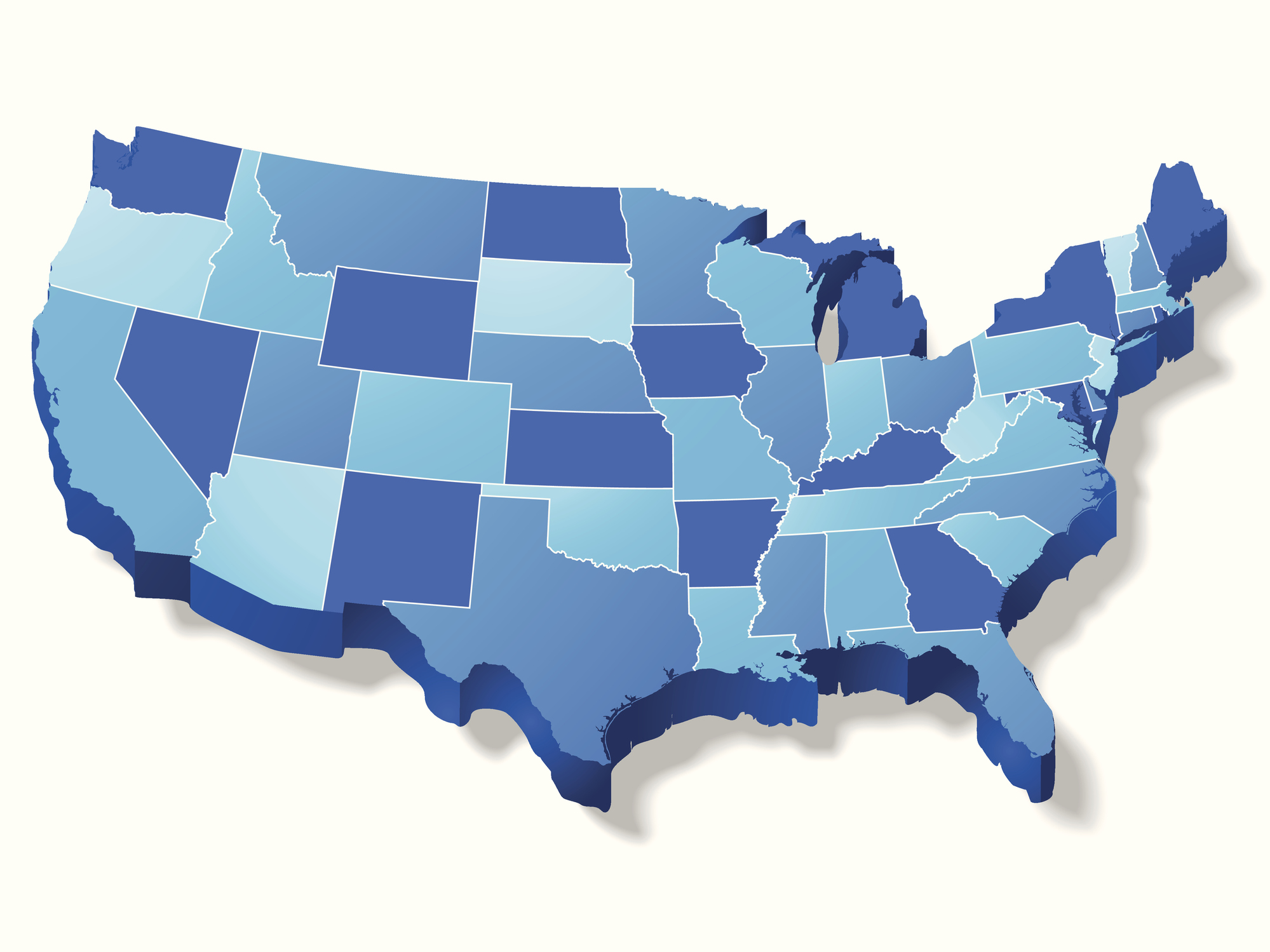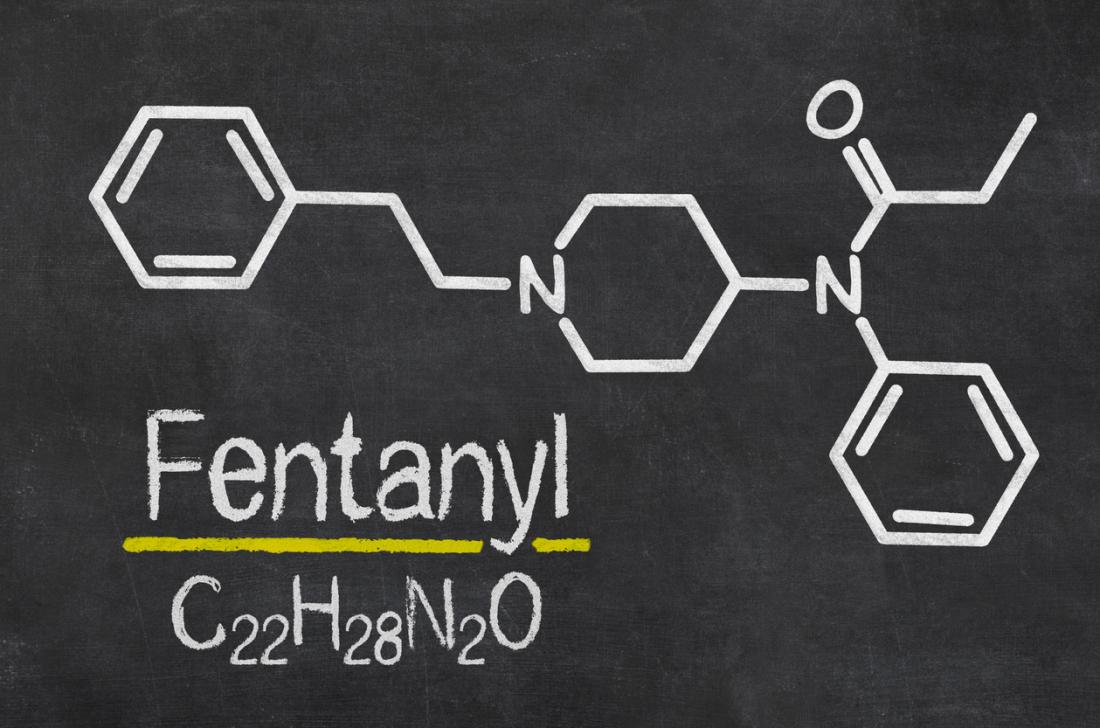Syringe services programs (SSP) are harm reduction programs that provide a wide range of services including, but not typically limited to, the provision of new, unused hypodermic needles and syringes and other injection drug use supplies, such as cookers, tourniquets, alcohol wipes, and sharps waste disposal containers, to people who inject drugs. In this summary, readers will find information with respect to SSPs for each state, including citations to applicable statutes and/or regulations, whether the state allows SSPs by statute, whether there are any municipal or county ordinances or regulations in place within the state, program components, miscellaneous provisions, and information on any pending legislation....











